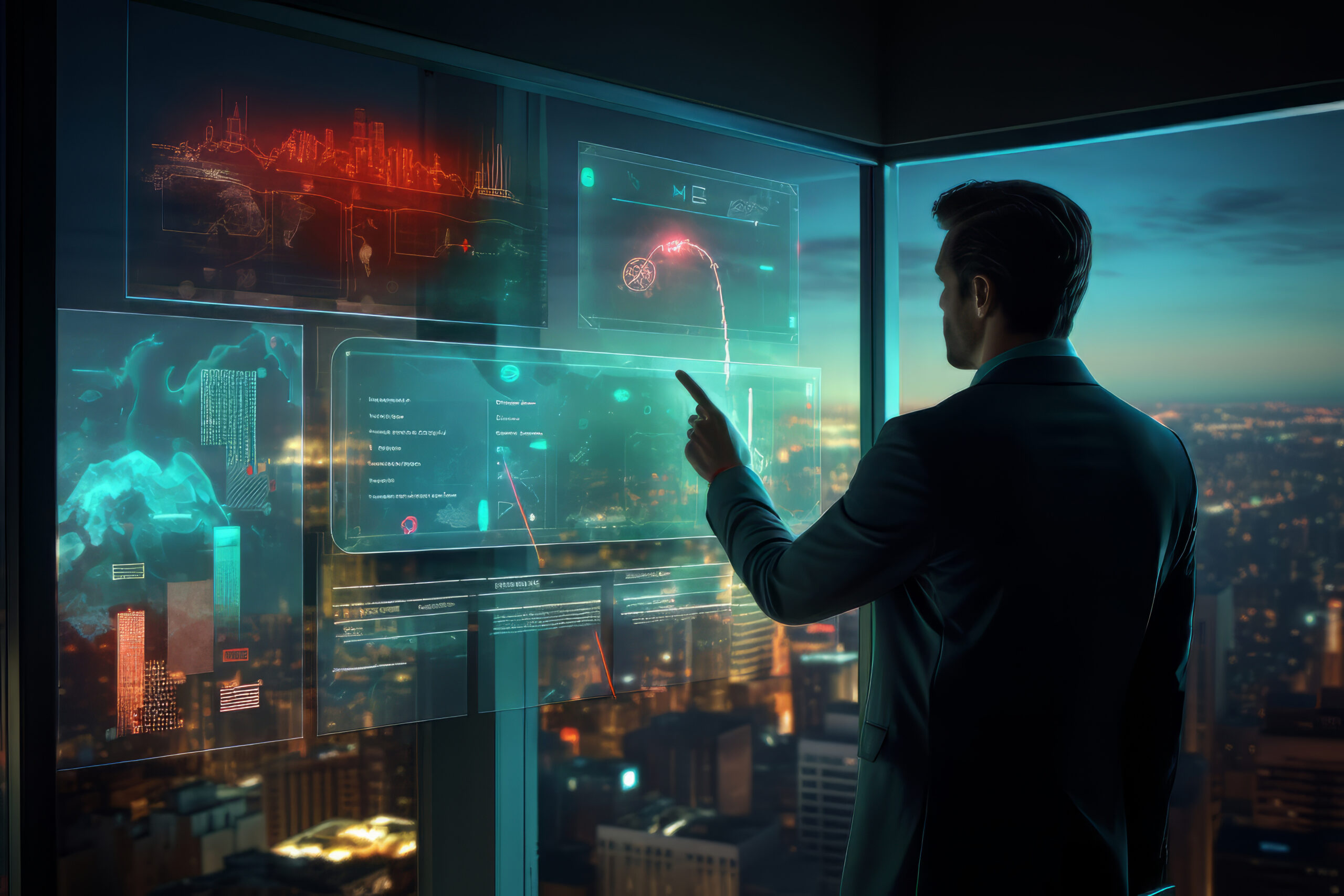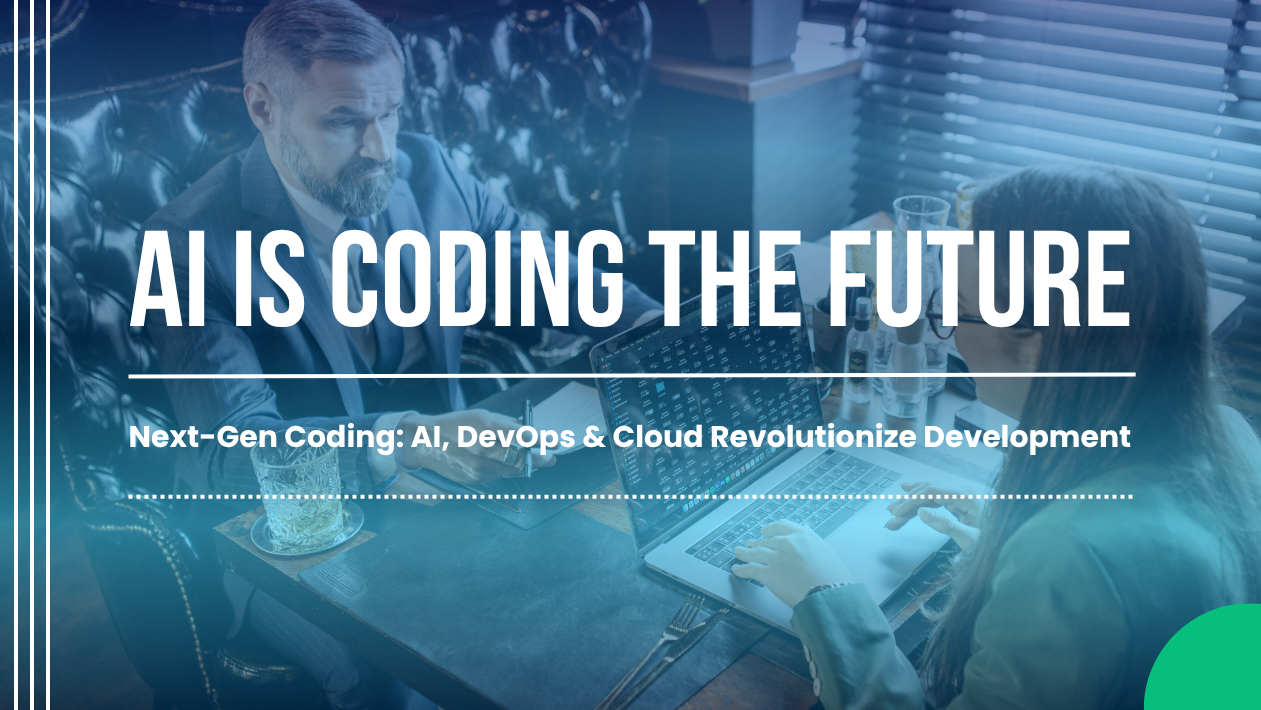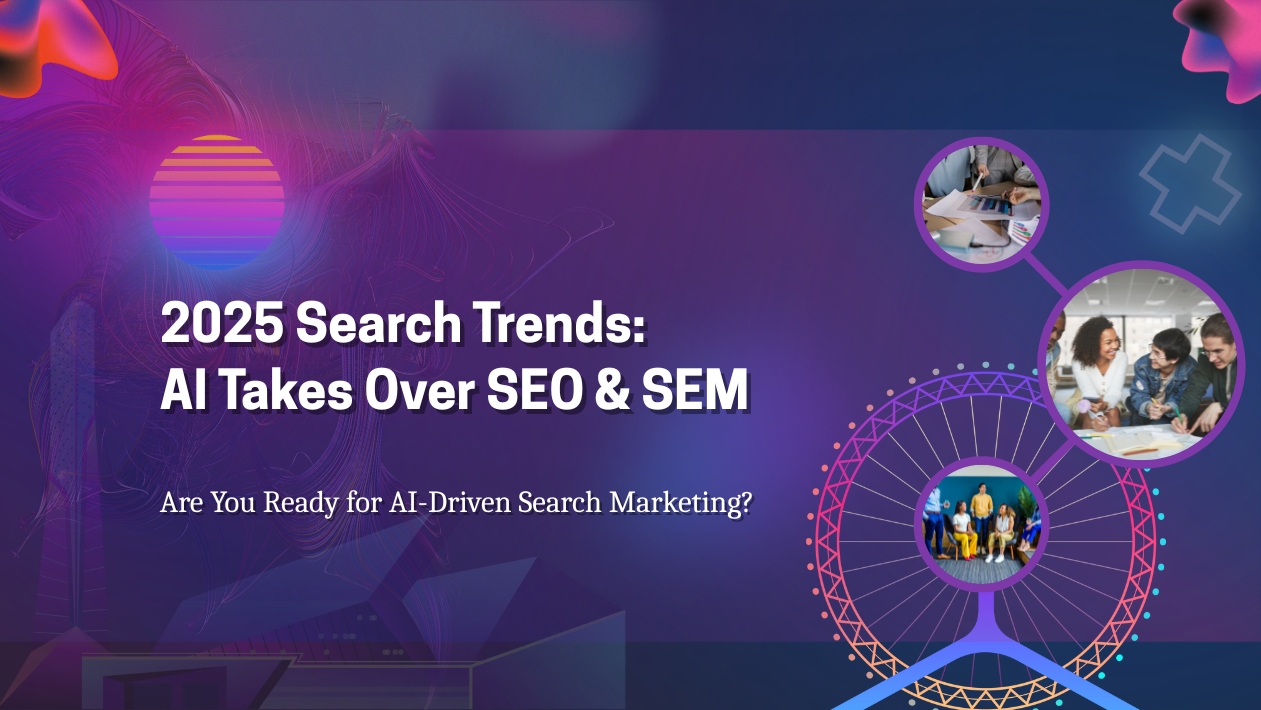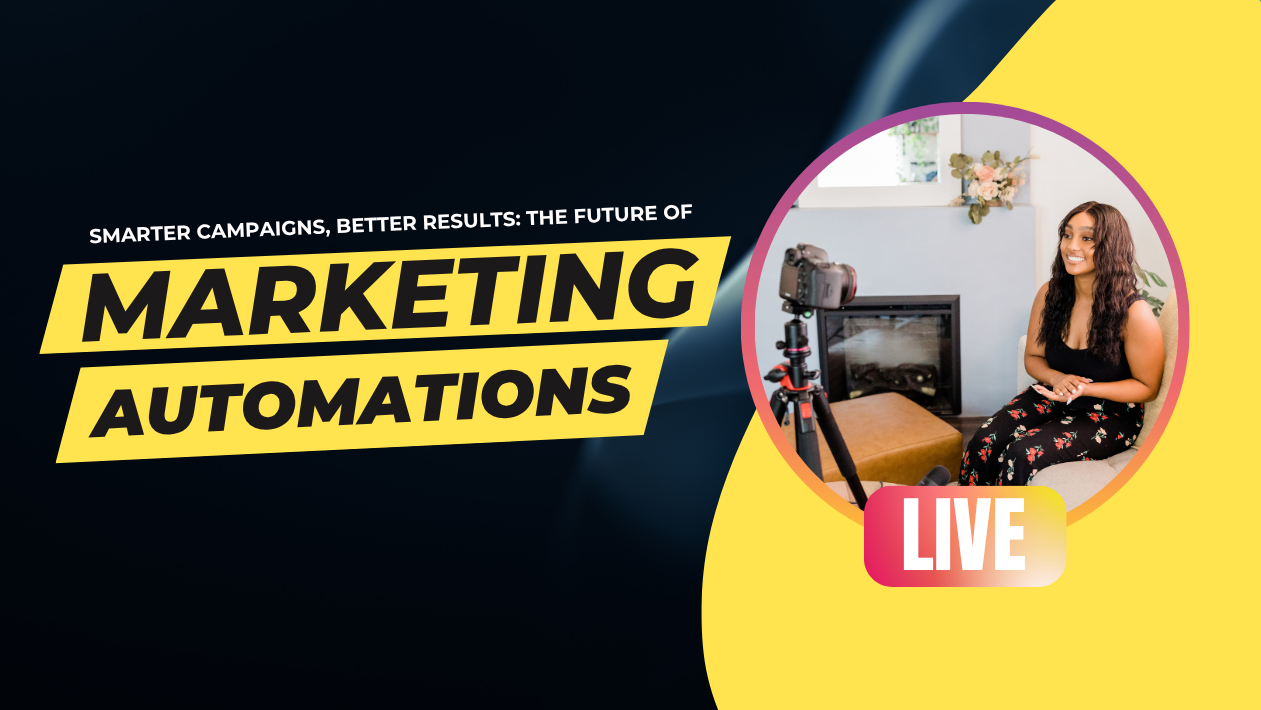As we cross the midpoint of 2025, the world stands at the edge of a new technological era—where AI agents, spatial computing, and quantum advancements are moving from experimental labs into mainstream business and consumer applications.
From how we work and communicate to how we treat diseases and secure data, these emerging technologies are no longer futuristic—they’re operational, impactful, and rapidly scaling.
AI Agents and Autonomous Workflows Take Center Stage
The shift from AI as a tool to AI as a collaborative agent is the most defining change of 2025. AI agents—powered by large language models like OpenAI’s GPT-5 and Anthropic’s Claude 3—are now autonomously managing customer service, sales outreach, scheduling, and code deployment.
Enterprises are adopting AI agents across departments, turning repetitive tasks into self-managed workflows while freeing up human talent for strategic thinking.
Spatial Computing Revolutionizes Interaction
With Apple Vision Pro 2, Meta’s Horizon OS, and Google’s new AR ecosystem, spatial computing is transforming industries like retail, healthcare, education, and entertainment. Users now interact with data, applications, and each other in 3D mixed-reality environments.
Doctors conduct remote surgeries with real-time holographic overlays. Architects design and revise buildings in 3D space. Retailers offer immersive virtual try-on experiences—blurring the lines between digital and physical.
Quantum Computing Shows Commercial Promise
In 2025, quantum computing has moved from theory to commercial pilot. Companies like IBM, Rigetti, and Google have launched cloud-accessible quantum processors, allowing industries like pharmaceuticals, logistics, and cybersecurity to test algorithms at quantum speed.
Governments and enterprises are investing heavily in quantum-safe encryption to prepare for the inevitable security disruptions quantum decryption could bring.
Neurotechnology and Brain-Computer Interfaces Expand
Elon Musk’s Neuralink and competitors like Precision Neuro and Blackrock Neurotech have accelerated research into brain-computer interfaces (BCIs). Early trials in restoring motor function in paralyzed patients have shown success, and new use cases are emerging in gaming, mental health, and workplace productivity.
CleanTech and Sustainable Innovation Get Smarter
Climate tech is also benefiting from emerging tech—AI-optimized energy grids, carbon-capture materials, and hydrogen-powered transport are being scaled faster thanks to real-time analytics and digital twins. ESG regulations and investor pressure are pushing innovation in sustainability-focused technologies globally.
The Road Ahead: Integration, Ethics, and Human-Centric Design
While innovation is accelerating, 2025 also brings new challenges in AI ethics, data privacy, and human-machine collaboration. The success of emerging technologies now hinges on trust, transparency, and ensuring inclusive access.
Governments and enterprises alike are now investing in regulatory sandboxes and ethical tech frameworks to responsibly guide these transformative forces.





